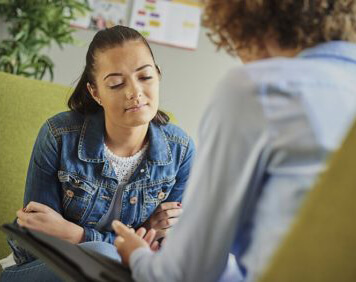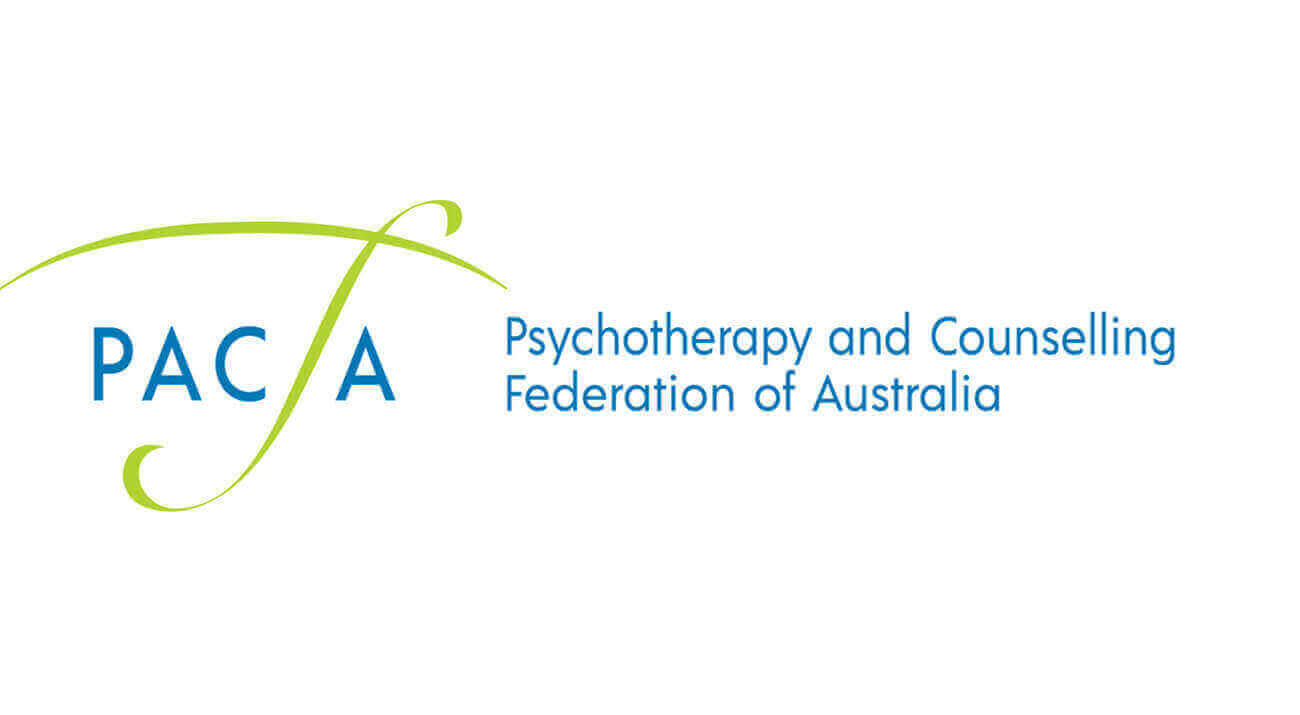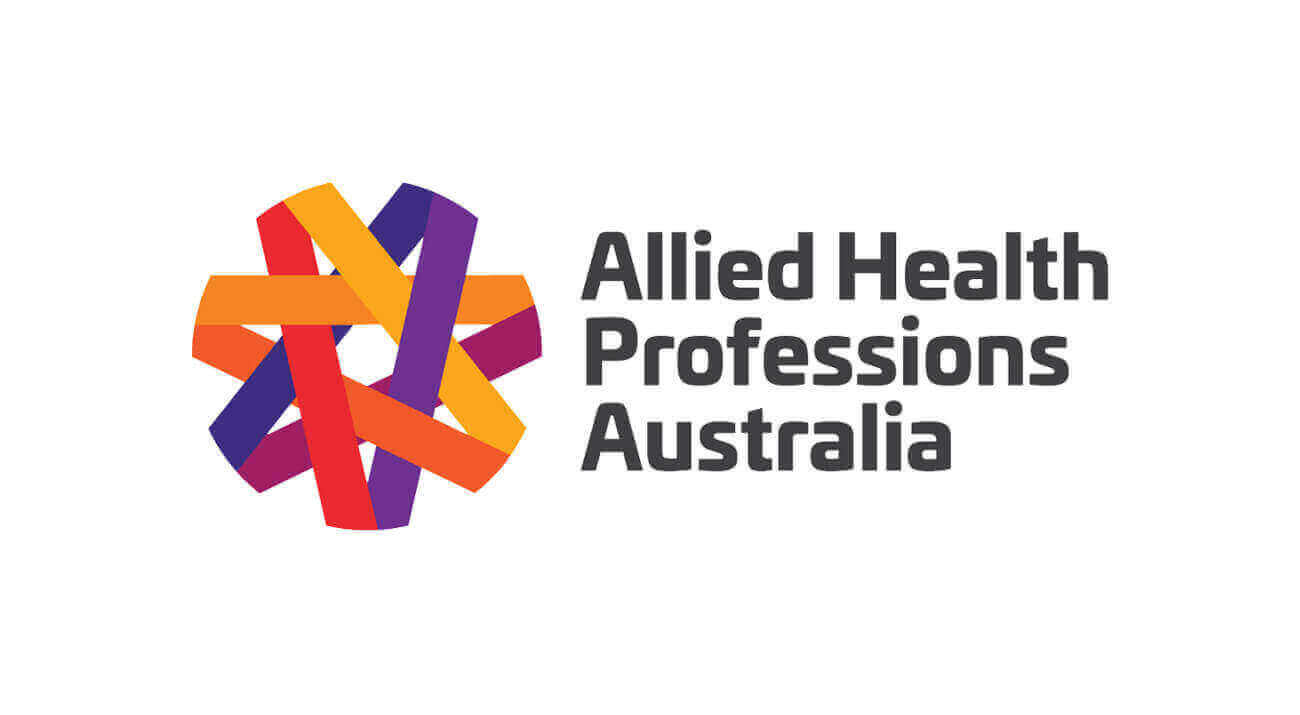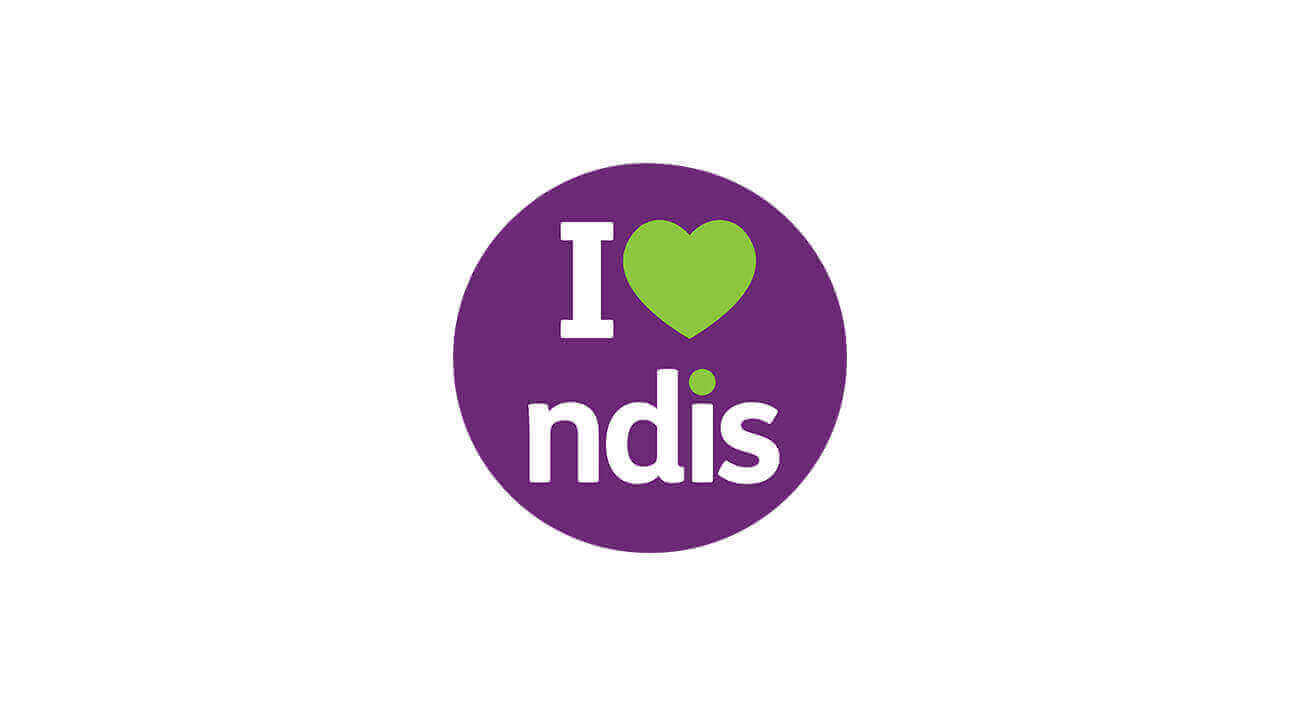Identifying Mild Anxiety & How To Treat It
26 June, 2024
Anxiety is a normal emotion that is highly subjective, triggered by biological, psychological, and social factors. Based on this, there are varying levels of anxiety, ranging from mild, moderate to severe anxiety.
What Is Mild Anxiety?
Mild anxiety is anxiety that can impact your life but may not be classed as severe or as an anxiety disorder. People with mild anxiety can usually manage it with some form of treatment techniques. However, it does not mean that dealing with mild anxiety is easy. Though mild anxiety does not have as severe level of intense or excessive fears and worries like generalised anxiety disorder (GAD), they are still unsettling emotions that make your everyday life stressful.
How Do You Know if You Have Mild Anxiety?
Mild anxiety typically has vague or irritable symptoms that do not affect day-to-day living. Many people with mild anxiety do not even realise they have anxiety but have irritable, fearful, and worrying symptoms, which they try to fight or ignore.
Anxiety is a struggle, no matter if it’s mild, moderate, or severe. Mild anxiety may be manageable, but it is not easy to deal with, particularly when it affects your daily life. If you have any such symptoms making your life stressful, never mind mild or severe, get professional help from counsellors and psychotherapists instead of fighting mild anxiety.
How To Treat Mild Anxiety?
Mild anxiety is easily treatable with professional help. Here are some other strategies to control mild anxiety.
Breathing Exercises
Deep breathing exercises can help alleviate anxiety symptoms and are highly beneficial for people with mild anxiety. Practise breathing exercises every day. There are many breathing techniques. One easy way is to breathe in slowly for a count of three and breathe out slowly for another count of three.
Muscle Relaxation Strategies
Progressive muscle relaxation techniques involve slowly tensing and then relaxing each muscle group. Find a quiet place and start from your toes to your head or vice versa. Focus on one muscle group at a time. Tense a muscle group, holding the tension for up to three to five seconds and then release quickly.
Keep Physically Active
Physical exercises help reduce anxiety by releasing endorphins and burning away stress hormones that cause anxiety. It also reduces general physical stress, which in turn reduces mental stress. So, exercise regularly to feel good and be anxious-free.
Healthy Lifestyle
Quitting alcohol, getting quality sleep, and eating healthier keeps the mind and body relaxed and helps with stressful and anxious feelings. It also includes spending time with nature and with family and friends to feel less lonely and relaxed.



